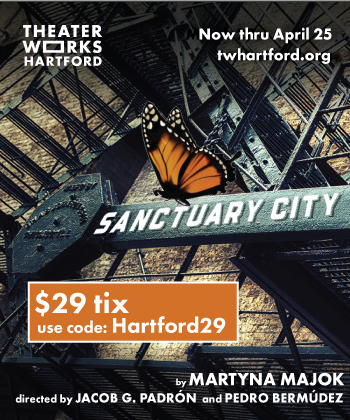Late last month, the Supreme Court overturned Roe v. Wade, which established the constitutional right to an abortion. The decision came as no surprise to reproductive justice organizers, activists, and advocates who warned of Roe’s eventual demise for years—long before the draft opinion was leaked in May. The dismantling of Roe did not happen overnight. It has been a slow, deliberate process by too many people in positions of power to disarm and destabilize our communities, and maintain control.
Not even 48 hours after the decision, elected and appointed officials across the country suggested overturning a range of important cases, including marriage equality, contraceptives, and even Brown v. Board of Education, which desegregated schools. Those reactions were not surprising. Our people have always had to fight for our rights, including reproductive rights.
Abortions are not new. People have gotten these procedures since the dawn of time, and for a variety of reasons— because they cannot have a child at the time of their pregnancy, their life would be at risk during childbirth, or because they simply did not want to have a child. It’s important to name that the Supreme Court’s decision only banned safe abortions. More people will now get abortions that will put their lives at risk.
Entire communities will feel the impact of Roe being overturned. Only 20 states—including Connecticut—and the District of Columbia now allow abortions without pending legal threats (or worse). Though states like ours have codified some protections for people seeking abortions, those safeguards will not last forever. At any time, our rights in Connecticut could be stripped away, much like we have seen federally. People with marginalized identities—including people of color, queer people, people with disabilities, and poor people—will suffer the consequences even more dramatically.
In the United States, Black and Indigenous people will bear the brunt of this impact. The maternal death rate for Black people is 243 percent higher than it is for white people, and Indigenous Women are also two to three times more likely to die in childbirth than white women. A recent Duke University study found that Black people would experience a 33 percent increase in deaths if a federal abortion ban were instituted. These were our realities prior to the repeal of Roe. Unfortunately, it doesn’t stop there.
Queer people who give birth—including cisgender women, people who are trans, nonbinary, and intersex, and others who are gender-expansive—are all at a greater risk of harm now. Trans and nonbinary people will experience further marginalization with Roe gone, and it is already hard for them to receive quality gender-affirming care. It will now be more difficult for them to get safe abortions and other crucial reproductive health services.
Similarly, people with disabilities face a unique stigma when accessing reproductive health care. There is a long and ugly history of disabled people being stripped of bodily autonomy; too often they are perceived as being unable to make decisions about their own bodies. The loss of Roe
places people with disabilities into potentially unsafe and even life-threatening situations. Given the mass-disabling experience we’re living through with the COVID-19 pandemic, things will go from bad to worse without access to safe abortions.
And given that capitalism is the heart of this country, the new restrictions will have a disproportionate impact on poor people. Those who are wealthy will be able to travel to a state that allows abortion. Unfortunately, everyone else in affected states will risk their lives. For those who have one or more marginalized identity, the situation will be dire.
The impact of losing the protections of Roe will have reverberating effects in our communities. But, there is hope. The solution is the same solution to injustice everywhere: our communities must organize to push back against oppressive systems and build ones that work for us.
Our issues are interconnected, and therefore our strategies must be as well. The forces that spew anti-Black racism are the same ones that attack trans and nonbinary children, people with disabilities, and poor people, while restricting reproductive rights for millions. We should use this moment to radicalize and fight for a better today and tomorrow. A first step would be to respect and follow the leadership of people who are on the ground, of the local groups that have been doing this work for decades. Join an organization or club—and work collaboratively to fix the problems we face.
The overturning of Roe v. Wade presents an opportunity to organize heavily and broadly. More than an opportunity, it’s a necessity. Roe may have created a constitutional right for abortions, but it wasn’t perfect or accessible for everyone. It’s time not only to imagine a new future, but to create it. In the words of Fredrick Douglass, “Power concedes nothing without a demand. It never did and it never will.” We have to make an organized demand and build collective power for current and future generations.
For more information on the Katal Center, reach out to Kenyatta at kenyatta@katalcenter.org. Kenyatta Muzzanni is the director of organizing with the Katal Center for Equity, Health, and Justice, which works throughout Connecticut and New York State.





